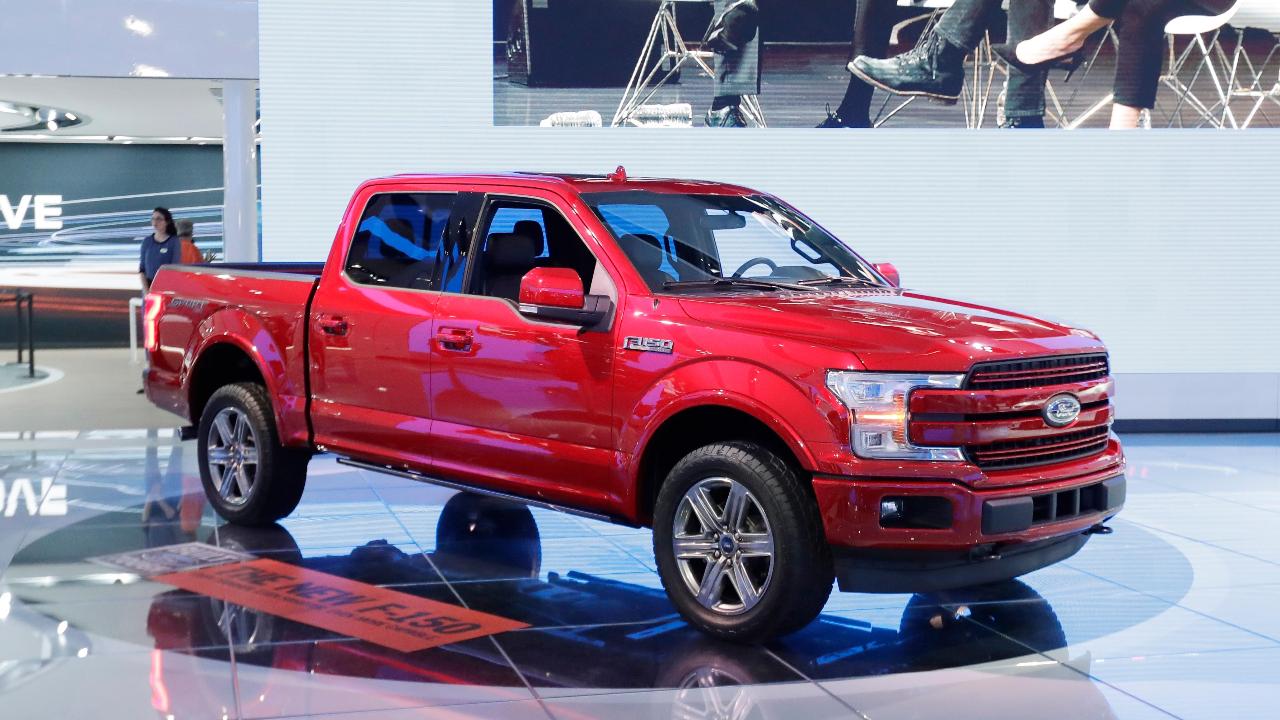US March auto sales seen up 0.4%
NEW YORK, March 28 (Reuters) - U.S. auto sales in March likely rose 0.4 percent from the same month in 2017, breaking a three-month streak of falling sales due to an extra selling weekend versus the previous year, industry consultants J.D. Power and LMC Automotive said on Wednesday.
The increase, however, also came on the back of increased consumer discounts, which remain at levels that industry analysts say are unsustainable and unhealthy in the long term.
March U.S. new vehicle sales will likely be about 1.61 million units, an increase of nearly 0.4 percent from 1.55 million units a year earlier, the consultancies said.
The forecast was based on the first 15 selling days of March. Automakers, including U.S carmakers General Motors Co , Ford Motor Co and Fiat Chrysler Automobiles NV , will release March U.S. sales results on April 3.
U.S. new vehicle sales fell 2 percent in 2017 to 17.23 million units after hitting a record high in 2016.
Sales are expected to drop further in 2018 as interest rates rise and more late-model used cars return to dealer lots to compete with new ones.
"Interest rates are rising as expected and we are looking for a total of four rate hikes in 2018, a headwind making borrowing more expensive and raising monthly payments," Jeff Schuster, LMC's senior vice president of forecasting, said in a statement.
LMC said it expects full-year 2018 U.S. new vehicle sales to hit just under 17 million units.
The seasonally adjusted annualized rate for March will be 16.9 million vehicles, up slightly from 16.8 million units in March 2017, the consultancies said.
Retail sales to consumers, which exclude lower-margin fleet sales to rental agencies, businesses and government, were set to increase about 1.5 percent in March.
The average discount per vehicle in March rose $74 versus the same month in 2017, to $3,849.
Discounts averaged 10.3 percent of manufacturer's recommended sales prices. Experts believe anything over 10 percent hurts vehicle resale values and is unhealthy for automakers.
The consultancies noted that discounts have exceeded 10 percent in 20 of the last 21 months.
(Reporting by Nick Carey Editing by Jeffrey Benkoe)




















